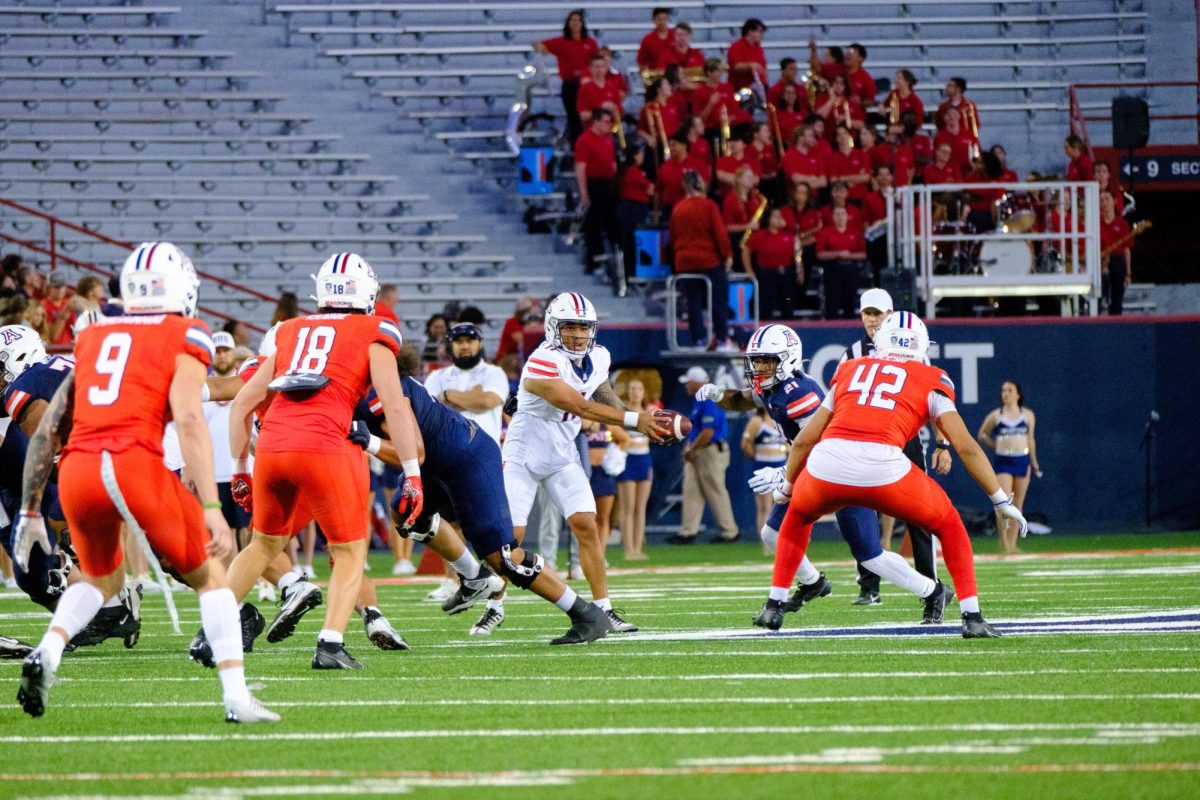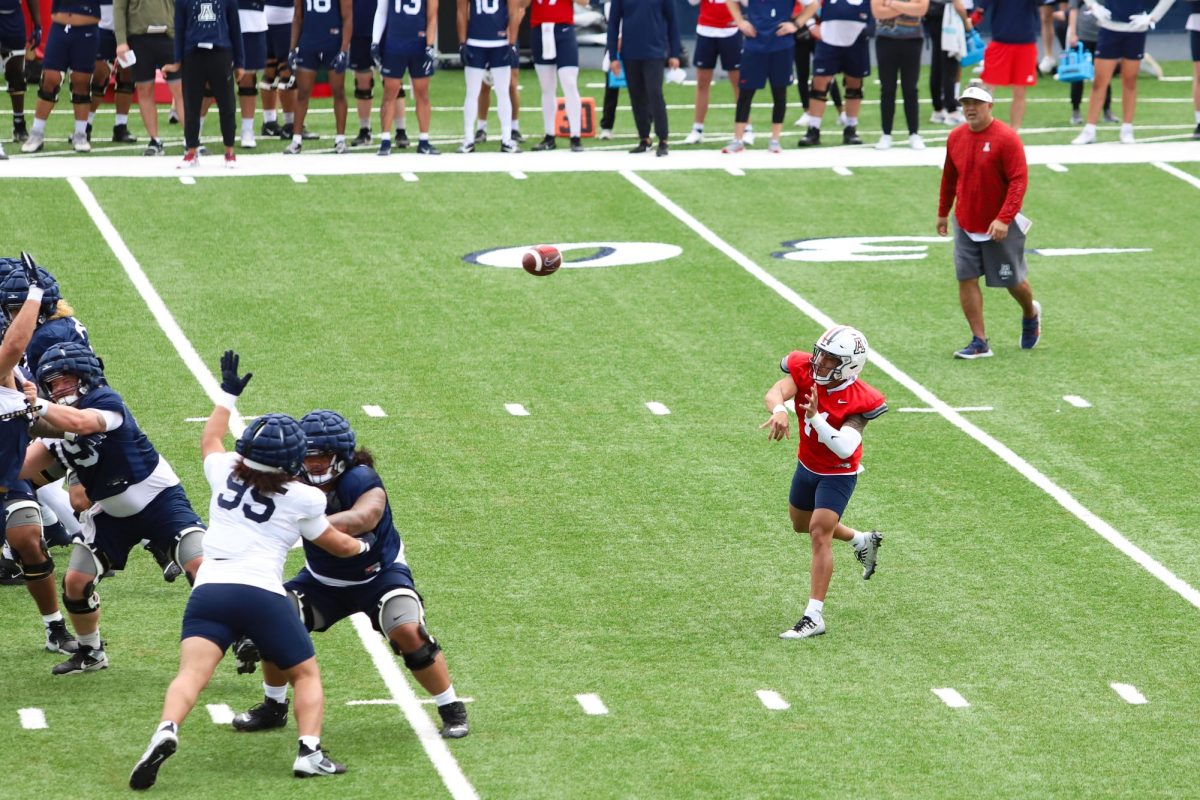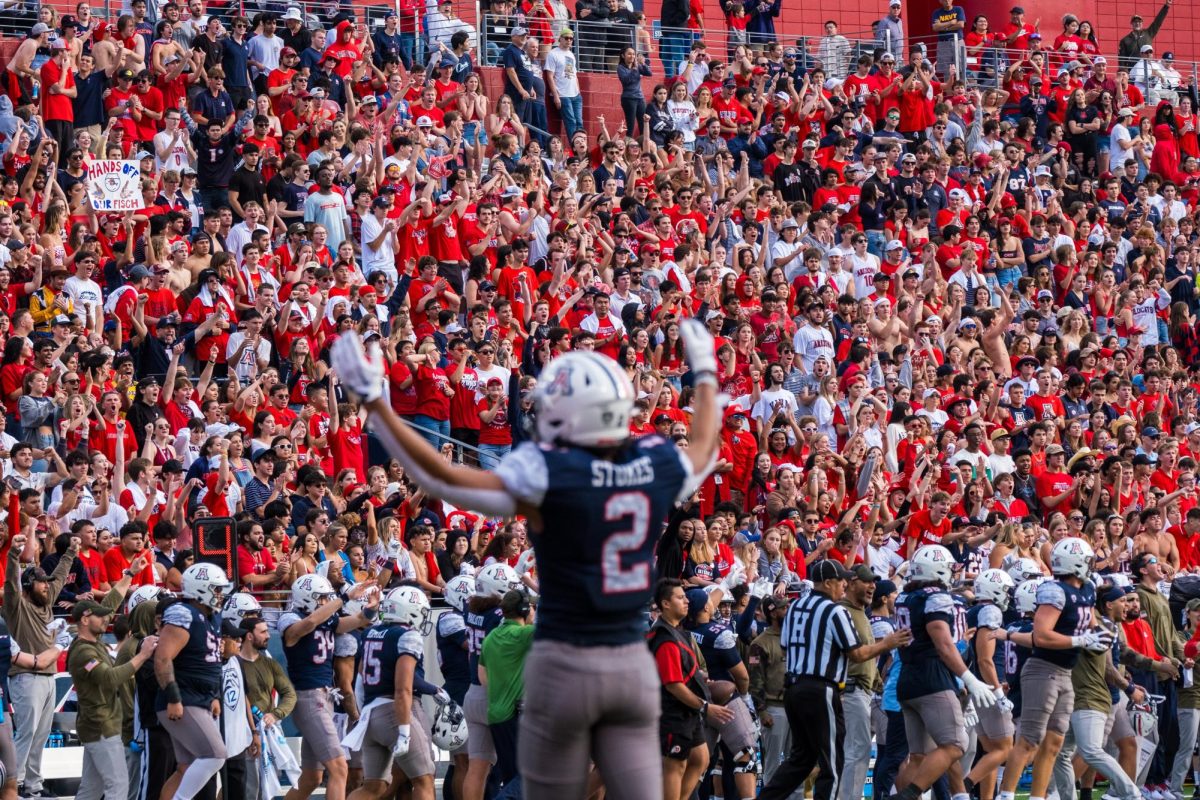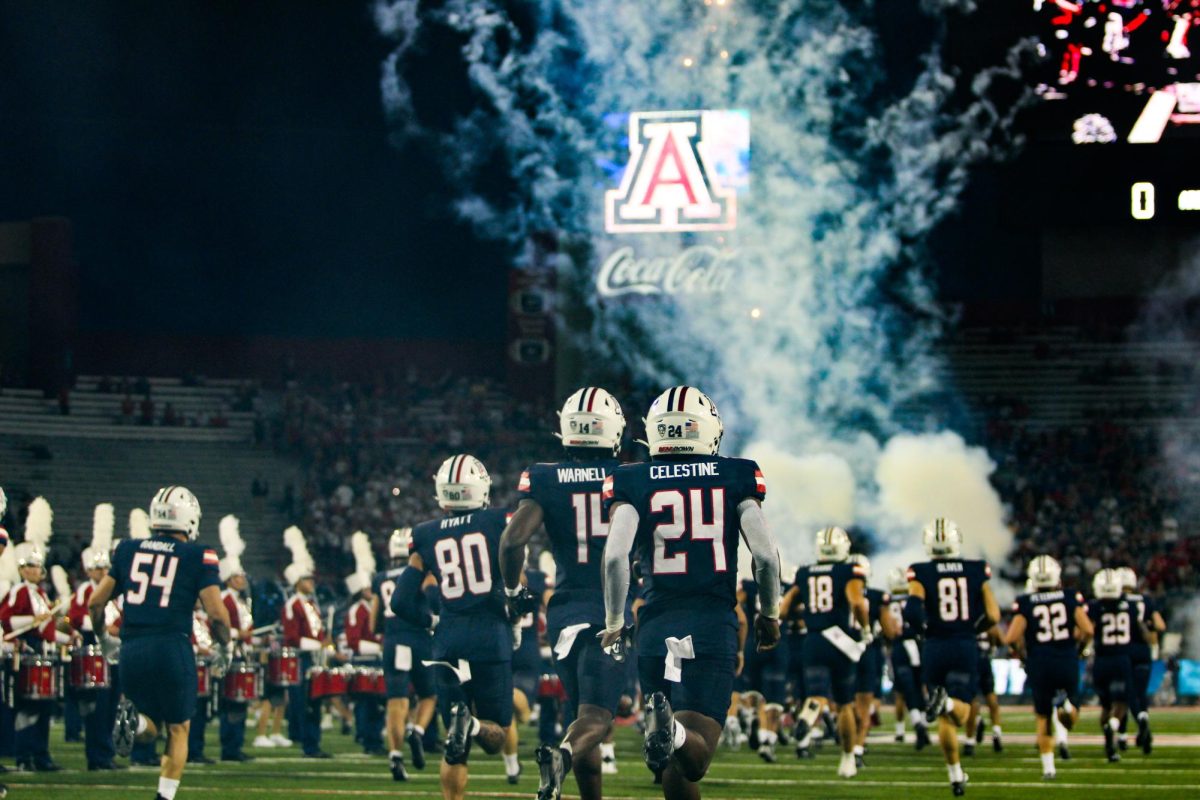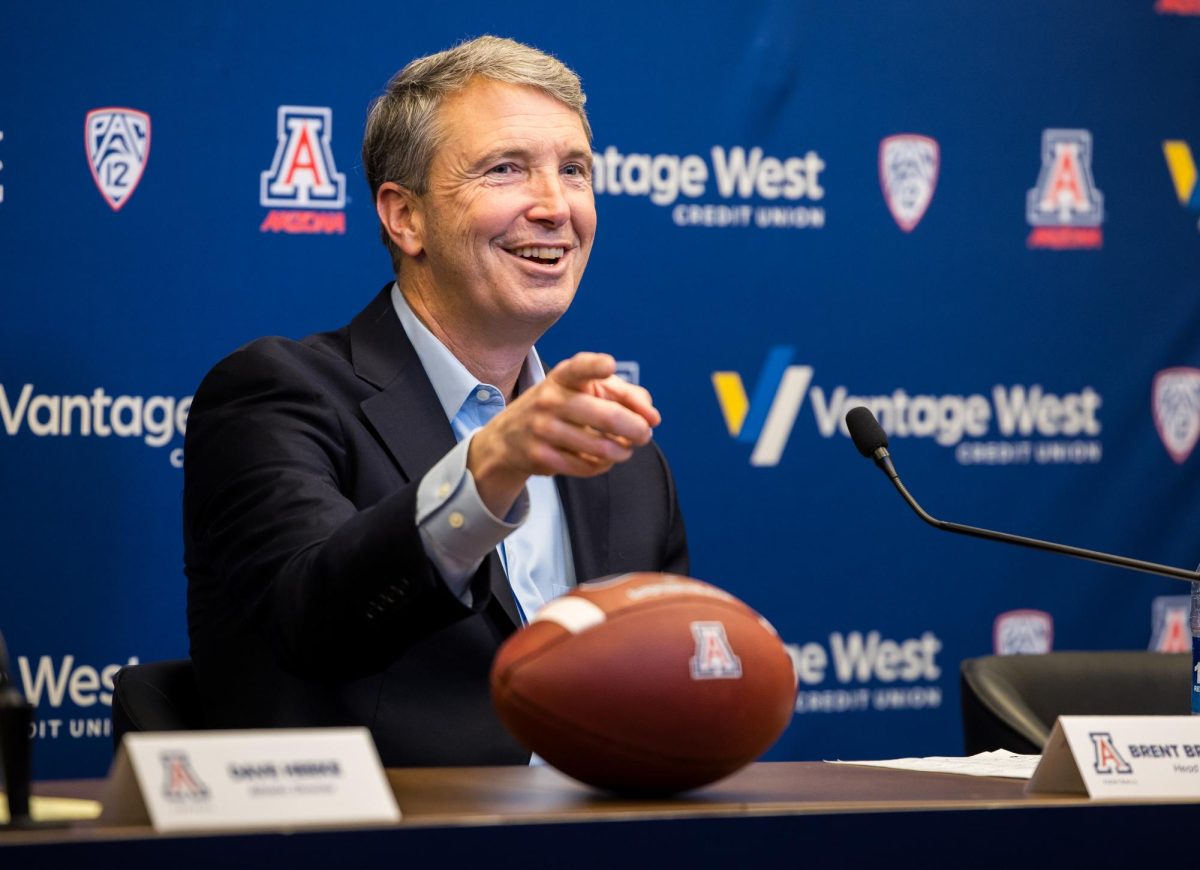With the Super Bowl being played today, it’s the perfect time to rehash some of the internal frustration that I swept under my Philadelphia Eagles rug during this football season. My beloved game became a target for high-brow thinkers and writers alike, particularly at the beginning of fall semester.
The barbaric nature of football had finally been exposed, a notion introduced in Te-Nehisi Coates’ article in the Atlantic, as well as a piece from Charles Pierce for the now-defunct sports website Grantland.
The NFL exposé “Concussion” was released December 2015, giving us even more reason to believe that football is an evil machine with the singular focus of making money. Will Smith begged the NFL to “tell de truth!” through his faux Nigerian accent.
Tough time to be a football fan, right?
In the aforementioned Atlantic article, Coates wrote that he began boycotting the NFL because of his frustration with the number of concussions in the league and the lack of action from its governing body.
Football is obviously a contact sport and there is no doubt to the severity of injuries that could happen to a man who plays it for 25 years of his life. Coates’ criticism of the sport is paralleled in Pierce’s Grantland article “The Death of Evan Murray.”
Coates and Pierce would have us believe that football is evil; that players are merely cogs in a wheel that will eventually rip out their anterior cruciate ligaments and bash in their heads. The coaches are Augustus Caesar and the fans are bloodthirsty plebeians.
Pierce used the rare and tragic occurrence of a death of a high school player during a football game as an indictment of football in general. The player died of a lacerated spleen, which means he most likely had an enlarged spleen, and the correct protocol would be enough to keep him out of the game. Pierce wrote that “the essence of American football is the destruction of the human body and that it alone among the institutions of sports spectacles involves the death of children.”
To characterize an entire sport with such an absolutist and hyperbolic attitude is unfair and goes out of the way to further the narrative of football being overly dangerous.
If you play in the NFL for 12 years then yes, your brain will go through some trauma. Like the equivalent of 50 car wrecks. But if you are like the 94 percent of football players in high school, you will never play at another level and there will very likely be no lasting effects on your body.
Playing football is an overwhelmingly positive experience for the majority of those who embrace it fully; an experience more commonly carried throughout life than injury. I played in high school and it did many things to prepare me for the real world. Where else in the world can you engage in such a glaring metaphor for real life? There is pain, joy, camaraderie, fun, heartbreak, and struggle packed into each 60-minute contest.
The fact that football is a pathway for so many kids to reach places that otherwise would be impossible is not insignificant. As a coach’s son, I’ve been around the game my entire life. I have seen many players who had no way to college but get there by way of football.
So it pains me when I hear people say that football is barbaric and that they wouldn’t let their kids play it. Obviously it is still popular, but that sentiment is growing.
The NFL and its concussion protocol doesn’t reflect the overall game and the positive impact that it has far outweighs the rare, tragic events that have occurred.
Follow Scott Baca on Twitter.



